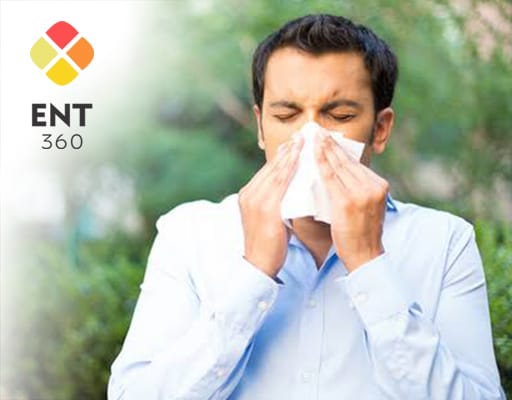Ear itch can disrupt your focus and leave you with an irresistible urge to scratch. While a quick itch might be nothing to worry about, persistent ear itching can be a sign of an underlying condition. Understanding the common causes of itchy ears empowers you to take control of your health. Here, we’ll explore these causes and provide effective home remedies to get you back to feeling comfortable.

Understanding the Ear Itch: Common Causes of Ear Discomfort
Several factors can contribute to itchy ears. Here are some of the most frequent culprits:
- Dry Skin: Like any other part of your body, the delicate skin inside your ear canal can become dry and itchy, especially in dry climates or with frequent showering.
- Eczema or Psoriasis: These skin conditions can affect the outer ear and ear canal, causing redness, flaking, and itching.
- Earwax Buildup: While earwax plays a protective role, excessive buildup can irritate the ear canal and lead to itching.
- Allergies: Seasonal allergies or allergies to hairspray, cosmetics, or even hearing aids can trigger itchy ears as part of the body’s inflammatory response.
- Swimmer’s Ear: An outer ear canal infection, often caused by water exposure, can lead to itching, pain, and discharge.
- Foreign Object: Sometimes, an insect or a small object lodged in the ear canal can cause irritation and itching.
Combating the Itching Ears: Effective Home Remedies
Before exploring remedies, it’s crucial to avoid further irritation. Resisting the urge to scratch your ears is key, as this can worsen the condition and potentially damage the delicate skin. The good news is that safe and effective home remedies can provide relief. Here are some you can try:
- Warm Compress. A warm compress can bring much-needed relief to the itch for dry skin, eczema, or even mild swimmer’s ear. Dip a clean cloth in warm water, wring the excess water, and hold it against your outer ear for 10-15 minutes. Repeat this process several times a day to experience the soothing effect.
- Olive or Mineral Oil. A few drops of warmed (not hot) olive or mineral oil can help soften earwax and moisturize dry skin. Tilt your head and gently place 2-3 drops of oil in the affected ear. You can use a cotton ball at the opening of the ear canal to absorb any excess oil.
- Over-the-Counter Ear Drops. Look for ear drops containing hydrogen peroxide or sodium bicarbonate (baking soda) to help soften earwax buildup. Always follow the manufacturer’s instructions carefully and avoid using these drops if you suspect an ear infection.
- Probiotics. Studies suggest probiotics may help manage eczema, which can sometimes affect the ear canal. Consider incorporating yoghurt with live cultures or probiotic supplements into your diet, but discuss this with your doctor first.
Important Reminders: When to See a Doctor for an Ear Itch
While these home remedies can provide relief, some situations require a doctor’s visit:
- Severe pain or discomfort: If the itching is accompanied by severe pain, earache, or fever, it’s best to see a doctor to rule out an infection.
- Discharge from the ear: Any drainage from the ear, especially pus or bloody discharge, could indicate an infection that needs medical attention.
- Foreign object in the ear: Never attempt to remove a foreign body lodged in the ear canal by yourself. A doctor can safely remove it and address any potential damage.
- Persistent ear itching: If the itching persists for more than a few days or worsens with home treatment, it’s important to consult your doctor for a proper diagnosis and treatment plan. Remember, your health and safety are paramount.
Preventing the Itchy Ears: Keeping Your Ears Healthy
Here are some tips to avoid itchy ears in the first place:
- Avoid excessive ear cleaning: Your ears are naturally self-cleaning, and frequent cleaning with cotton swabs can disrupt this process and irritate the ear canal.
- Stay hydrated: Drink plenty of water to keep your skin, including the skin inside your ears, well-hydrated.
- Use hypoallergenic products: If you suspect allergies are causing the itch, opt for hypoallergenic hairspray, cosmetics, and laundry detergent.
- Wear proper ear protection: Use earplugs when swimming or attending loud events to reduce the risk of swimmer’s ear and noise-induced hearing loss.
By understanding the potential causes and implementing these simple solutions, you can take control of your ear health and keep them comfortable and itch-free. Remember, a doctor’s visit is essential to ensure proper diagnosis and treatment if the issue persists or worsens.
This article was written with the help of generative AI and edited by Dr Akanksha Saxena, Consultant Ear, Nose, Throat, Head & Neck Surgeon, ENT360, DLF Phase 1, Gurgaon. She is an ENT Specialist in Gurgaon with over 14 years of experience. Read more of her blogs here.


